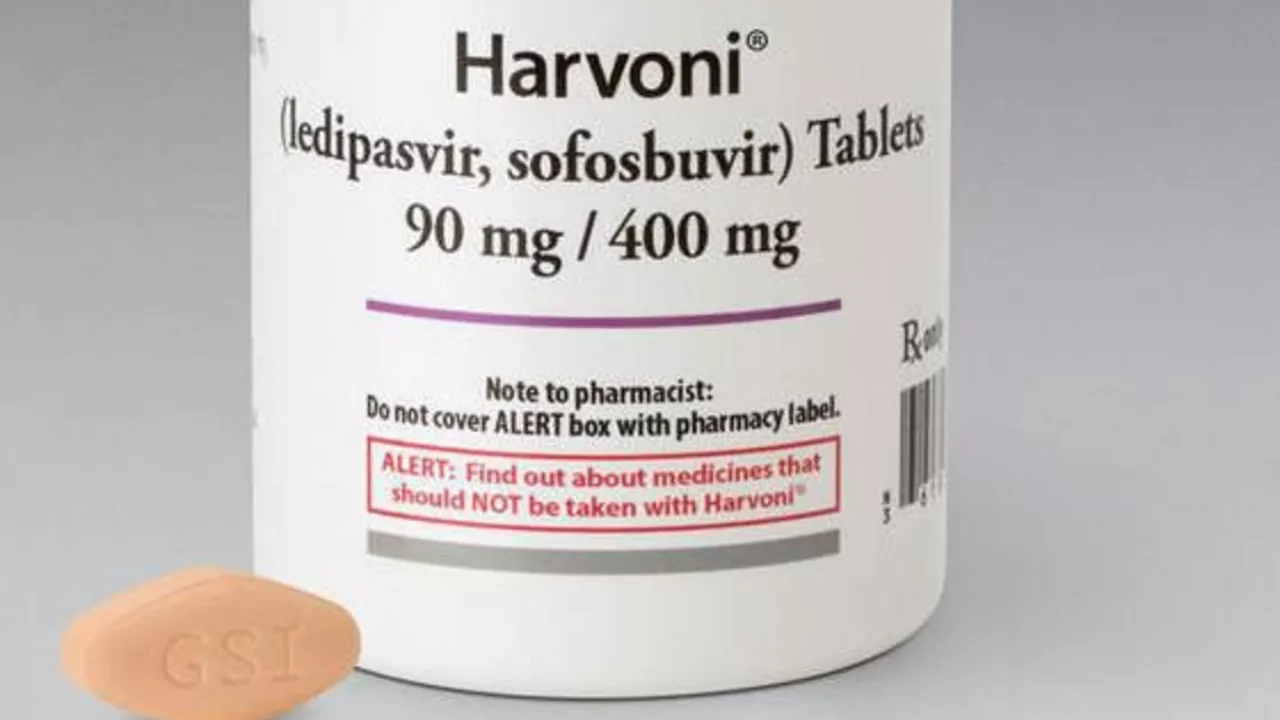Hepatitis C genotypes: what they mean for treatment
Hepatitis C isn’t one single virus — it has different genetic types called genotypes. Knowing which genotype you have helps your doctor choose the right drugs, the right length of treatment, and whether extra tests are needed. This page gives clear, practical info so you can talk to your clinician and shop for safe, affordable medicine.
What genotypes are common and why they matter
There are seven main HCV genotypes (1–7) and many subtypes like 1a or 1b. Genotype 1 is the most common worldwide. Genotype 3 is linked to more liver fat and faster fibrosis. Genotype 4 is frequent in the Middle East and parts of Africa. Genotypes 5 and 6 tend to be regional, and genotype 7 is rare. Each genotype used to need different drugs, but modern treatments often work across types. Still, genotype can guide the best choice when someone has cirrhosis, prior treatment failure, or resistance issues.
Testing, treatment choices, and practical steps
Testing starts with an HCV antibody screen. If positive, an HCV RNA (PCR) confirms active infection. A genotype test is run on the viral RNA. Tell your provider about any prior HCV treatment — that affects decisions. If treatment failed before, doctors may order resistance-associated substitution (RAS) testing to pick a stronger combo.
Direct-acting antivirals (DAAs) are the standard now. Pan-genotypic options like sofosbuvir/velpatasvir and glecaprevir/pibrentasvir treat all genotypes and simplify choice. Typical courses run 8–12 weeks. People with cirrhosis, kidney disease, or prior DAA failure might need longer therapy or different drug pairs. Your doctor will choose based on genotype, liver status, and past treatments.
Watch for drug interactions. Some DAAs interact with statins, certain antiepileptics, and herbal supplements. Tell your prescriber all medicines you take. Also check for hepatitis B co-infection before starting DAAs — treating HCV can reactivate HBV in some cases.
After finishing therapy, a viral load test at 12 weeks confirms cure (called SVR12). If the virus is undetectable, that’s considered a cure. Keep liver care afterward: vaccinate for hepatitis A and B if needed, avoid heavy alcohol, and monitor fibrosis if you had advanced disease.
If cost is a concern, ask about generic DAAs and patient access programs. In Mexico and other countries, reputable pharmacies may offer lower prices, but always verify credentials and require a valid prescription. Bring your genotype and treatment history when you shop — it makes comparing options easier and safer.
Bottom line: genotyping still matters in specific cases, but pan-genotypic DAAs have made treatment simpler and more accessible. Talk openly with your healthcare team, get the right tests, and look for licensed pharmacies if you need more affordable options.






